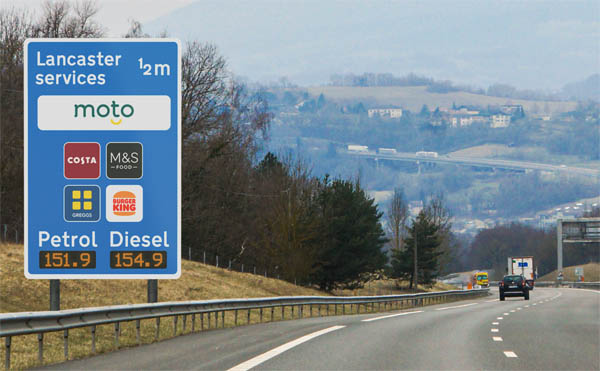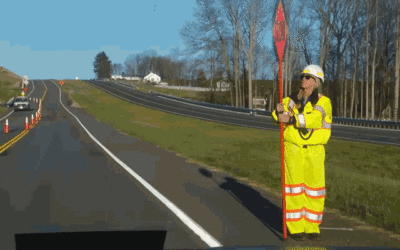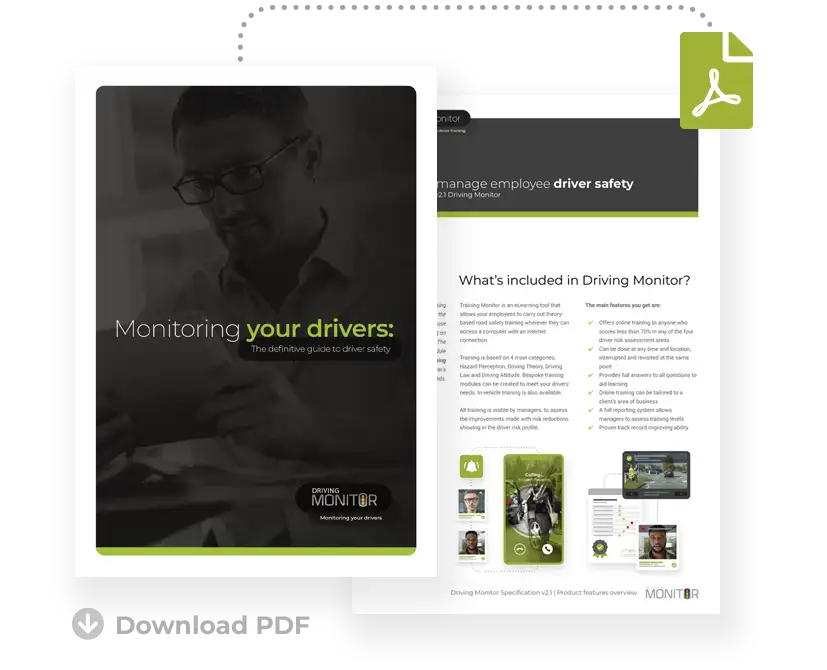Fatigue-Related Road Incidents Increase In Summer

The number of road collisions and incidents relating to fatigue rises during the summer months, according to recent data.
A study from National Highways looked at the causes of incidents and a specific study into fatigue as a factor found that there are 59% more incidents where fatigue is a factor during the summer months.
The figures relate specifically to serious injuries and deaths on motorways and major A roads, so any figures for local roads, B roads and minor incidents aren’t considered in the study.
Is Fatigue A Serious Road Safety Concern?
We’re all familiar with the ‘don’t drive tired’ road signs and advertising campaigns that National Highways push out.
But fatigue is an issue that still affects road safety across the country and it’s even worse in the summer.
That’s due to a combination of factors as people drive to and from airports, sometimes on longer journeys, and drive around the country on breaks around the UK.
The school holidays always bring with it a higher level of traffic, as anyone who travels in the last week or two of July will know!
Figures from National Highways show that 13% of overnight serious injuries and deaths involved fatigue, which is more than double the ratio at any other time of day.
In total, fatigue is a factor in 10% of all deaths and serious injuries on motorways and A roads during the summer, a 2.5% rise against the rest of the year.
With more drivers on the road and longer journeys being made as people head off on holiday, it’s an additional road safety concern for all drivers.
How To Prevent Fatigue While Driving
National Highways recommend that drivers spend no longer than 2 hours behind the wheel before taking a break and if journeys are longer, then breaks every 2 hours are recommended.
But a survey found that one in three drivers admit they drive for longer than the recommended 2 hours before taking a break, with one in three saying they drive for 3 hours before stopping.
It’s why National Highways have launched a new campaign called ‘TRIP’, which stands for Top-up, Rest, Inspect, and Prepare.
That means topping up fuel, water and oil before your journey and during the journey if necessary, resting every two hours, inspecting tyres and lights pre journey and en-route, as well as preparing by planning ahead, checking traffic and road closures, as well as weather forecasts.
The more prepared a driver is, the less likely any incidents or break downs are to occur.
Recommendations for drivers are also to avoid times when they’re most likely to be tired if possible, such as early mornings, late nights and overnight.
If driving at those times is required, being prepared and staying alert by resting every two hours is the best way to ensure everyone is safe on the road.
Do you think fatigue is a serious road safety issue? And do you think more needs to be done to prevent it causing issues for other road users? Let us know in the comments below.










